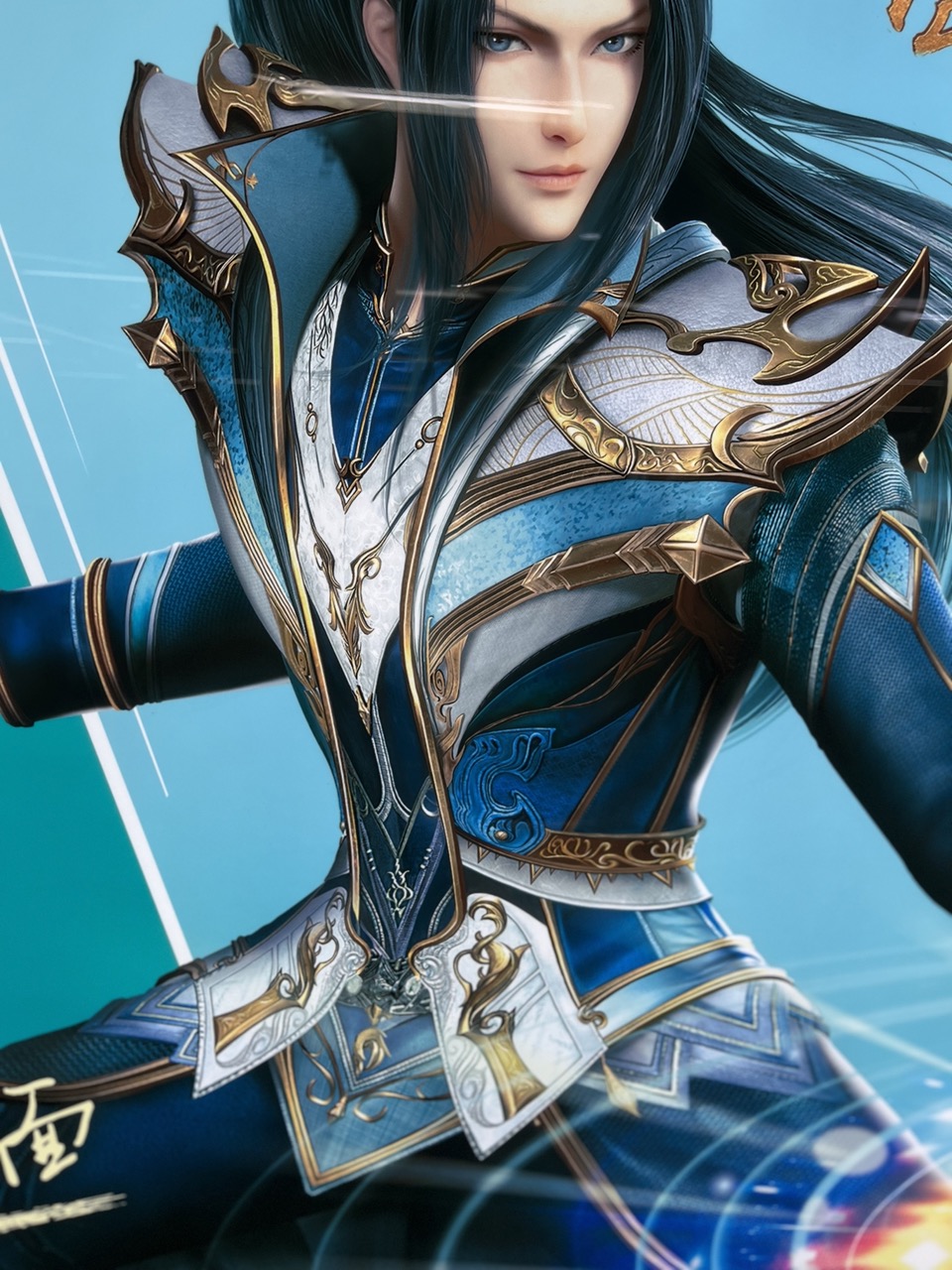Pujiang Park | Lines 12 & 18 | Desiring-machines
An interesting question of interpretation and translation arises when considering the first hexagram that I threw for this trip: number 27. Minford, in his Bronze Age Oracle section, renders the hexagram as “breasts” while Rutt, in his Zhouyi, translates it as “molars.”
“the corners of the mouth (providing nourishment),” or “nourishing” (huang) or open quotation “jaws of it all” (Hinton). Today the character 頤 / 颐 yí in a literary context means “chin, cheek” as a noun or “to “nourish” or “take good care of one’s health” (Pleco).

